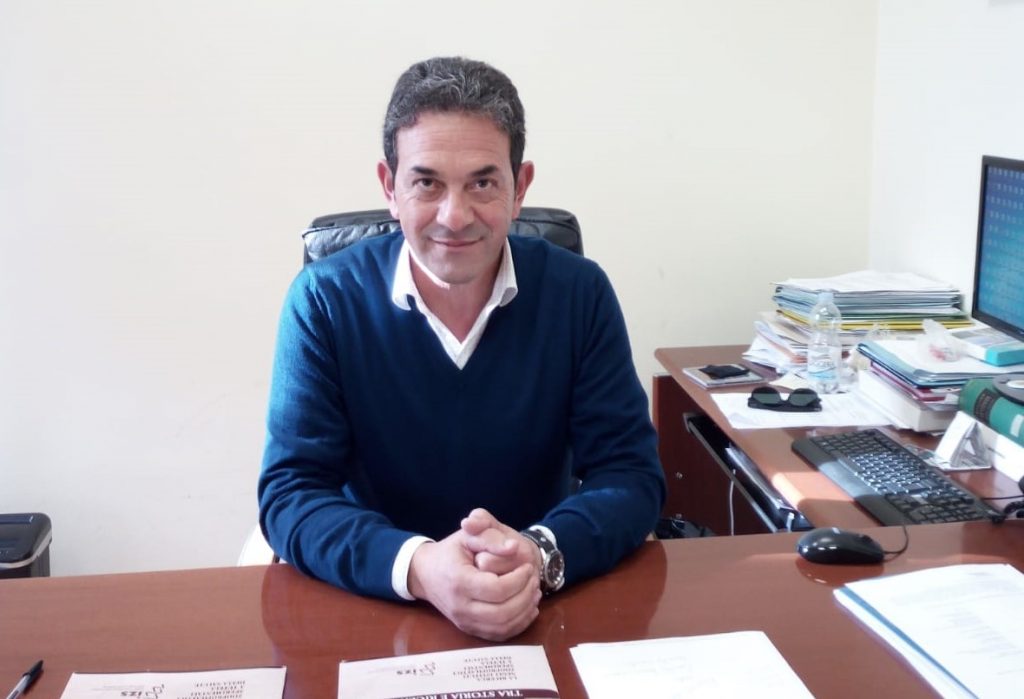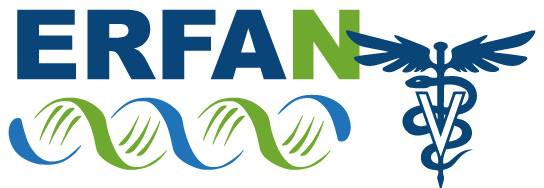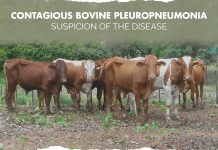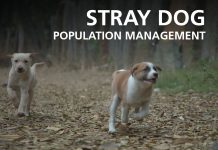Dr. Antonio Fasanella, General Director of the Istituto Zooprofilattico Sperimentale della Puglia e della Basilicata (IZSPB), Coordinator of the ERFAN WG “One Health-Anthrax”.

Dr. Antonio Fasanella actually is the General Director of the Istituto Zooprofilattico Sperimentale della Puglia e della Basilicata (IZSPB). The IZSPB is a specialized Italian government funded institution mainly involved in diagnostics and research. The main tasks of the institute are the diagnosis of animal infectious diseases, zoonotic diseases and food borne diseases. It also takes part to the execution of infectious disease prophylaxis plans. To this end, the Institute develops innovative microbiological, immunological and molecular-biology detection procedures.
The institute is provided of one BSL2 plus and one BSL3 laboratory and It is also involved in the diagnosis and control of highly pathogenic agents. The IZSPB takes part to national and international research programs, with regard to health, prevention, preparedness, surveillance and response to threats related to infectious diseases.
Dr. Fasanella is a subject matter expert for the Italian Government on Anthrax and he is also the director of the Anthrax Reference Institute of Italy. The laboratory is approved by the Ministry of Health of Italy to work with fully virulent strains of Bacillus anthracis and to process samples suspected of containing anthrax spores in the context of bioterrorism. The main activities of his laboratory are based on the isolation of B. anthracis from environmental samples for the study of the ecology of anthrax, and on the genotyping of B. anthracis strains by MLVA and WGS methods.
International collaborators include International Science and Technology Center (Bishkek, Kyrgyz Republic), Faculty of Medicine (Al-Karak, Jordan), Friedrich-Loeffler- Federal Research Institute for Animal Health (Jena, Germany), Robert Koch Institute (Berlin, Germany), Cardiff University (Cardiff, Wales), Bundeswehr Institute of Microbiology (Munich, Germany), Ministry of Agriculture – Department of Veterinary of Jordan (Amman, Jordan), Prins Leopold Instituut voor Tropische Geneeskunde (ITG) (Antwerpen, Belgium), Max Planck Institute for Infection Biology (Berlin, Germany), Pathogens Laboratory in the LSU School of Veterinary Medicine (Baton Rouge, Louisiana), Razi Vaccine and Serum Research Institute (Karaj, Iran).
Recent/current research activities: international collaborations
Applied research based on the detection and genetic characterization of B. anthracis from world-wide collections, detection of anthrax spores from contaminated soils, the implementation of anthrax toxin detection assays, the implementation of anthrax toxins neutralization assays. Recently he took part to an international project funded by Marie Curie Action – International Research Staff Exchange Scheme (FP7-PEOPLE-2013-IRSES) and entitled ‘Anthrax Environmental Decontamination Network (AEDNet)’ in Collaboration with Cardiff University (Cardiff, Wales, UK). In the years 2015-2018 he took part to the European project “EMERGE” -Efficient response to highly dangerous and emerging pathogens at EU level- coordinated by Robert Koch Institut of Berlin.
Actually he is involved in the European Joint Action SHARP “Strengthened International HeAlth Regulations and Preparedness in the EU” that aims to strengthen preparedness in the EU against serious cross-border threats to health, and support the implementation of International Health Regulations, coordinated by the Finnish Institut for Health and Welfare – THL (Finland). In the ERFAN project “Enhancing Research for Africa Network” he is coordinator of the Working Groups “One Health” and “Anthrax













